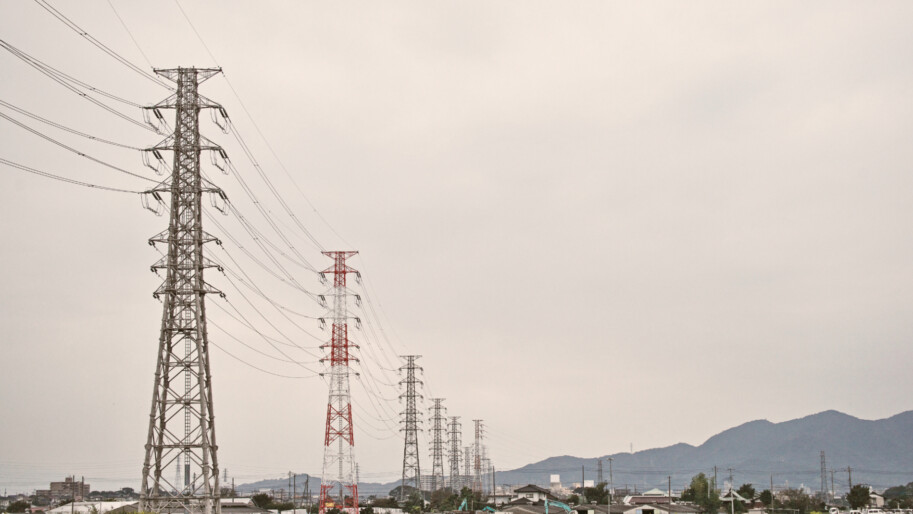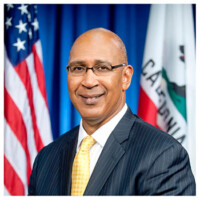Existing law provides for the establishment of an Independent System Operator (ISO). In California it is CAISO. CAISO is a nonprofit public benefit corporation required to ensure efficient use and reliable operation of the electrical transmission grid consistent with achieving planning and operating reserve criteria no less stringent than those established by the Western Electricity Coordinating Council and the North American Electric Reliability Council. The Clean Energy and Pollution Reduction Act of 2015 (SB 350) provides for the transformation of CAISO into a regional organization. That process provides that modifications to CAISO’s governance structure, through changes to its bylaws or other corporate governance documents, will not become effective until CAISO, the California Public Utilities Commission (CPUC), the California Energy Commission, the State Air Resources Board (ARB), the Governor, and the Legislature take specified actions on or before January 1, 2019.
This bill would:
- Prohibit a California electrical transmission facility owner, a retail seller of electricity, or a local publicly owned electric utility from joining a multistate regional transmission system organization (RTO), unless the bylaws or other organizational documents that govern the organization, and the organization’s operations, meet Federal Energy Regulatory Commission (FERC) requirements and other specified requirements.
- Require a California transmission owner, retail seller, or local publicly owned electric utility, before joining a multistate RTO, to submit the bylaws and other organizational documents that govern the multistate RTO to the CEC for review and would require the CEC, in consultation with the CPUC and the ARB, to review those materials for compliance with the bill’s requirements.
- Prohibit a California transmission owner, retail seller, or local publicly owned electric utility from joining the multistate RTO unless the CEC has determined that the organization’s bylaws and organizational documents meet those requirements. If a California transmission owner, retail seller, or local publicly owned electric utility has joined an independent system operator that becomes a multistate RTO and the CEC determines that the organization’s bylaws and organizational documents do not meet those requirements, the bill would require that the California transmission owner, retail seller, or local publicly owned electric utility not remain in the organization.
- Authorize CAISO to develop and submit to the CEC a governance proposal that complies with those requirements and to provide notice and a copy of this submission to the Legislature and the Governor at the same time as it is submitted to the CEC. The bill would require the CEC, in consultation with the CPUC and ARB, to review the proposal for compliance with the bill’s requirements, and, if the CEC determines that the proposal meets those requirements, to submit the governance proposal to the Governor and to the Legislature with a declaration that the CEC has so found. If notice is delivered by the CEC during a regular session of the Legislature, and if a transmission owner from outside California that is not a participating transmission owner as of January 1, 2024, has entered into an agreement with the CAISO indicating its intent to become a participating transmission owner, the bill would authorize CAISO, beginning 270 days after receipt of notice by the Legislature, to proceed to implement the proposal.
Existing law, the California Renewables Portfolio Standard Program (RPS), requires the CPUC to establish an RPS requiring all retail sellers, defined as electrical corporations, electric service providers, and community choice aggregators, to procure a minimum quantity of electricity products from eligible renewable energy resources, as defined, at specified percentages of the total kilowatt-hours sold to their retail end-use customers during specified compliance periods. The program additionally requires each local publicly owned electric utility to procure a minimum quantity of electricity products from eligible renewable energy resources to achieve the targets established by the program. The program, consistent with the goals of procuring the least-cost and best-fit electricity products from eligible renewable energy resources that meet project viability principles, requires that all retail sellers procure a balanced portfolio of electricity products from eligible renewable energy resources, in 3 specified categories referred to as the portfolio content requirements. Existing law requires retailer sellers to meet renewable energy procurement obligations by at least 75% of the electricity product that is from a renewable energy resource that meets various requirements, including the requirement on the first point of interconnection of the resource with the state or an agreement to dynamically transfer electricity to a California balancing authority, for compliance periods after December 31, 2016.
This bill would define “point of interconnection” to mean a point connecting with a California balancing authority as the California balancing authority area was on June 30, 2023.
Status: (Updated 1/29/24) Failed in committee.

